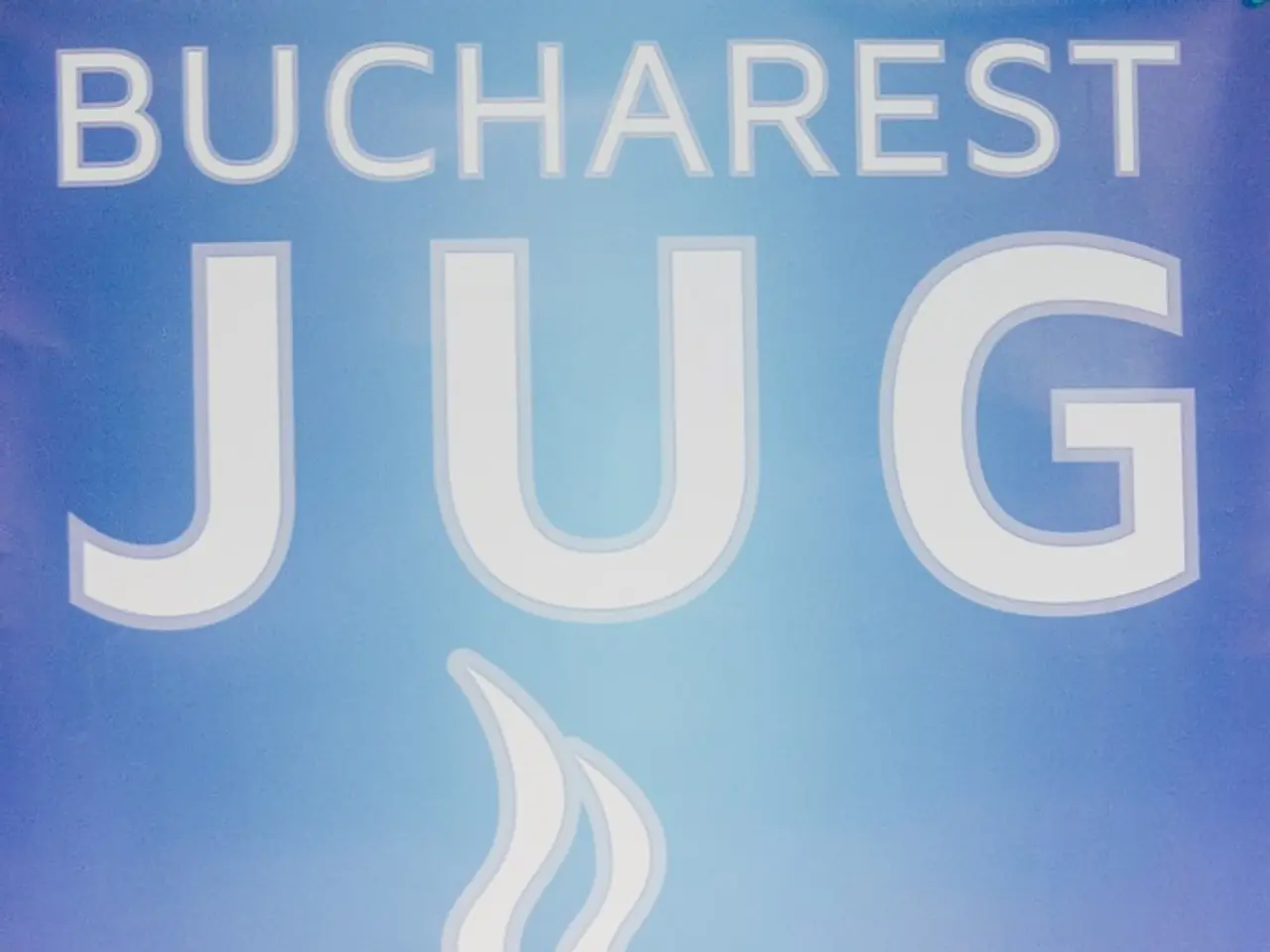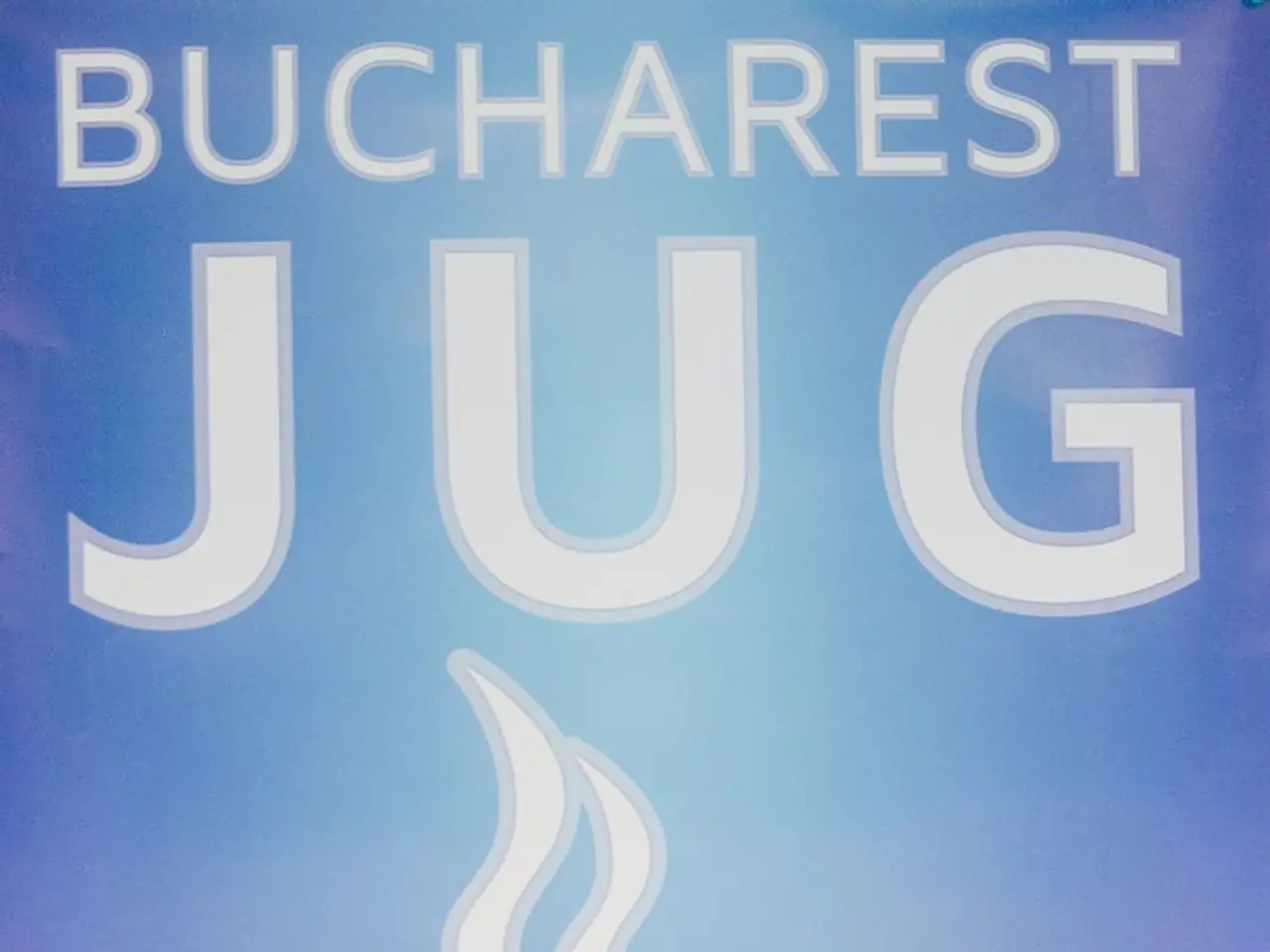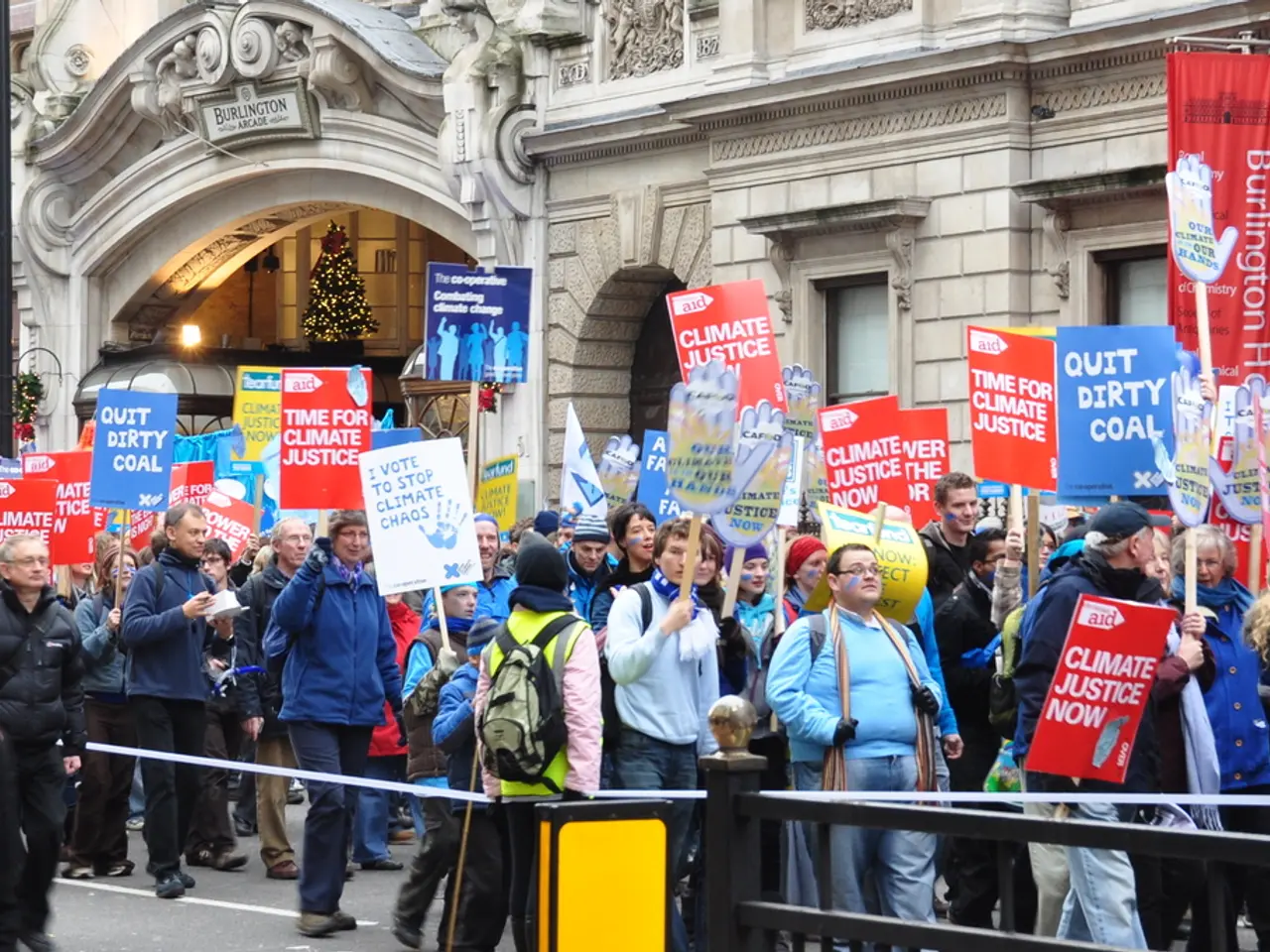Resources of the Russian economy are rapidly depleting according to the head of the Central Bank.
"Russian economy on the ropes after two years of high growth, experts warn"
According to Central Bank chief Elvira Nabiullina, the rapid expansion of the Russian economy over the past two years is largely attributable to the utilization of free resources, including the labor force, production capacities, banking system reserves, and funds from the National Wealth Fund (NWF). However, she cautions that many of these resources have been depleted.
The unemployment rate, as reported by Rosstat, has dropped to a record low of 2.3%, while mass emigration and military conscription have created a labor shortage estimated at 2 million people. Enterprise-level capacity utilization has also surpassed 80%, thus setting a modern record.
Liquid assets of the NWF have shrunk by roughly three times since the start of the conflict to 2.8 trillion rubles. Foreign currency reserves have plummeted to $2.2 billion, marking an all-time low, while gold reserves have dwindled to 139.5 tons, a reduction from over 400 tons before the conflict.
Economy head Maxim Oreshkin claims the Russian economy is on the verge of recession, citing a slowdown in GDP growth to 1.4% in the first quarter of the year - a downturn compared to the 4.1% growth recorded in the previous quarter. Business profits plummeted by a third in March, and the oil and gas sector saw a 2x decline. Industrial production is near to stagnation (1.2% growth in January-April), while civilian sectors are starting to shrink. Retail turnover slowed to 2.4% by the end of April, down from 7.2% at the end of December.
After three years of military mobilization, Alexander Kolyanchuk, a researcher at the Center for European Policy Analysis, warns that the economy is running out of steam and could easily tip into a crash if officials make poor decisions, oil prices fall further, or inflation is mismanaged.
Russian economy's challenges encompass sustained military mobilization, economic slowdown, looming recession, unsustainable growth, high inflation, supply constraints, and structural labor market issues. Rapid changes in oil prices and political developments,.) sanctions policies, and the course of the conflict in Ukraine have a substantial impact on Russia's future trajectory. The government is considering strategies such as price controls on essential goods to address inflation and balancing economic support with inflation control by lowering interest rates.
(Note: Enrichment data included for context and insights into the Russian economy's challenges and future prospects. Sources: 1, 2, 3, 4)
Additional Insights:
- Effects of International Sanctions: The sanctions regime has enhanced pressure on the Russian economy, targeting crucial sectors like oil and gas exports, military technology, and even Russian diamonds, reducing state revenues.
- Chinese Economic Dependence: Russia’s economic dependence on China and uncertainties about the future of oil revenues pose long-term strategic risks for the Russian economy.
- Potential Economic Scenarios: The future of the Russian economy depends heavily on external political developments, sanctions policies, and the course of the conflict in Ukraine. Maintaining the current sanctions regime may lead to continued war intensity without meaningful economic expansion, while partial sanctions relief could provide some relief but not significantly alter the challenging macroeconomic conditions. Tightening sanctions or improving enforcement could further reduce Russia’s revenues, military capabilities, and exacerbate economic instability.
- Government Responses: The Russian Central Bank has reduced its key interest rate slightly, seeking to strike a balance between inflation control and economic support. The government is turning its focus from growth to managing a slowdown, including proposals for price controls on essential goods to mitigate inflation effects.
- Economic Adaptability: The economy's ability to adapt, diversify away from oil dependency, and manage labor and credit shortages will be crucial in preventing a deeper economic crisis and maintaining military objectives.
The rapid expansion of the Russian economy, as attributed to Elvira Nabiullina, was facilitated by the use of resources such as the labor force, production capacities, banking system reserves, and funds from the National Wealth Fund (NWF). However, these resources, including the liquid assets of the NWF, foreign currency reserves, and gold reserves, have been significantly depleted, raising concerns about the future of Russian business.
With the Russian economy on the brink of recession, as claimed by Maxim Oreshkin, businesses in the country have seen a decline in profits, and industrial production is near stagnation. The government is considering strategies like price controls on essential goods to address inflation and balancing economic support with inflation control by lowering interest rates, highlighting the challenging macroeconomic conditions that the Russian business sector is facing.





